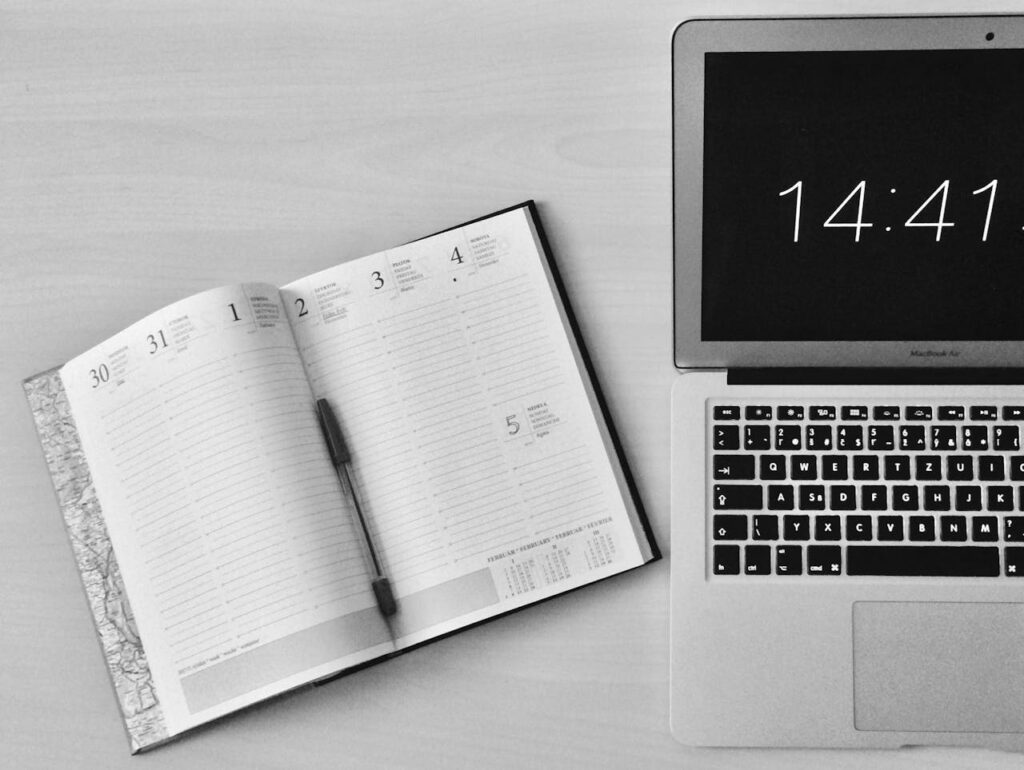Introduction
In our fast-paced world, finding stability can be a challenge. Amidst juggling work, personal life, and countless responsibilities, it’s easy to feel overwhelmed. However, establishing a routine can be a game-changer for your mental health, productivity, and overall well-being. Let’s explore how integrating routines into your life can transform chaos into calm and help you thrive.
Understanding the Power of Routine
A routine is more than just a schedule—it’s a series of actions performed regularly. Routines provide structure, making our days more predictable and manageable. They range from simple daily tasks like morning coffee rituals to complex weekly or monthly plans.
Benefits of a Routine:
- Reduces Stress: Predictability lowers anxiety levels.
- Enhances Productivity: Regular habits streamline tasks.
- Improves Sleep Patterns: Consistent schedules regulate the body’s internal clock.
- Promotes Healthy Habits: Encourages consistent exercise, nutrition, and self-care.
Routine and Mental Health
Routines have a profound impact on mental well-being. They create a sense of control, which is especially beneficial when life feels unpredictable.
How Routines Support Mental Health:
- Stability: Provides a foundation during uncertain times.
- Coping Mechanism: Helps manage symptoms of mental health conditions.
- Emotional Balance: Reduces mood swings by regulating daily activities.
The Science Behind It
Engaging in regular routines positively affects brain chemistry. Repetitive actions can increase the production of neurotransmitters like dopamine and serotonin, enhancing feelings of happiness and satisfaction.
Neuroscientific Benefits:
- Strengthens Neural Pathways: Makes positive behaviours more automatic.
- Reduces Decision Fatigue: Less mental energy spent on planning daily tasks.
- Enhances Resilience: Better equipped to handle stress and adversity.
Tackling Procrastination Through Routine
Procrastination often stems from feeling overwhelmed by large tasks. Lack of routine can exacerbate this, leading to delays and increased stress.
Strategies to Overcome Procrastination:
- Break Tasks Down: Divide large projects into smaller, manageable steps.
- Schedule Specific Times: Allocate dedicated periods for challenging tasks.
- Set Achievable Goals: Focus on completing one step at a time.
Managing Larger Tasks with Limited Energy
For those with limited energy—sometimes described using the “Spoon Theory”—it’s crucial to prioritize and manage tasks effectively.
Energy Management Tips:
- Prioritize Tasks: Focus on what’s most important each day.
- Incorporate Rest: Schedule breaks to recharge.
- Be Flexible: Adjust routines based on your energy levels.

Building Effective Daily Routines
Creating a routine doesn’t have to be daunting. Start small and gradually build habits that align with your goals and lifestyle.
Steps to Establish a Routine:
- Identify Key Activities: Determine essential daily tasks.
- Set a Schedule: Assign specific times for each activity.
- Use Tools: Utilize planners or apps to keep on track.
- Be Consistent: Stick to your routine as closely as possible.
- Review and Adjust: Regularly assess what’s working and make changes as needed.
The Importance of Flexibility
While consistency is important, so is adaptability. Life can be unpredictable, and your routine should accommodate changes without causing additional stress.
Maintaining Flexibility:
- Allow for Interruptions: Build buffer times into your schedule.
- Stay Positive: View deviations as temporary setbacks.
- Reassess Priorities: Regularly evaluate what’s most important.
Habit Formation and Persistence
Developing new habits takes time and patience. Celebrate small victories and don’t be too hard on yourself if progress is slow.
Tips for Forming Habits:
- Start Small: Focus on one new habit at a time.
- Be Patient: Understand that habit formation can take weeks.
- Reward Yourself: Acknowledge and celebrate progress.
Utilizing Tools and Resources
Leverage technology and other resources to help establish and maintain your routines.
Helpful Tools:
- Productivity Apps: Apps like Todoist or Trello for task management.
- Calendars and Planners: Visual schedules to plan your days.
- Reminders and Alarms: Keep you on track throughout the day.
Practicing Self-Compassion
Remember, perfection isn’t the goal—progress is. Be kind to yourself throughout this journey.
Self-Compassion Practices:
- Positive Affirmations: Encourage yourself daily.
- Mindfulness: Stay present and focused on the moment.
- Forgiveness: Don’t dwell on setbacks; focus on moving forward.
Seeking Support
You’re not alone in this process. Reach out to friends, family, or professionals for encouragement and advice.
Building a Support Network:
- Share Your Goals: Let others know what you’re working towards.
- Join Communities: Participate in groups with similar objectives.
- Seek Professional Guidance: Consider coaching or therapy if needed.
Conclusion
Embracing routine can significantly enhance your mental health and overall quality of life. By introducing structure, reducing stress, and improving productivity, routines empower you to navigate daily challenges more effectively. Start small, be patient with yourself, and watch as these changes pave the way for a healthier, happier you.
—
Ready to transform your life through the power of routine? Contact me today to start your journey toward improved mental health and personal success.

